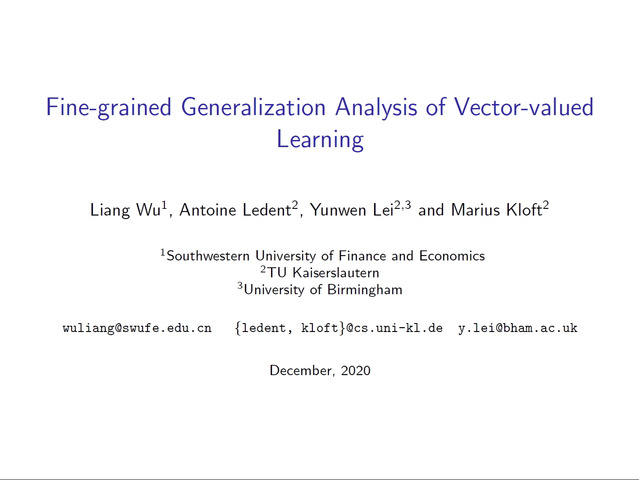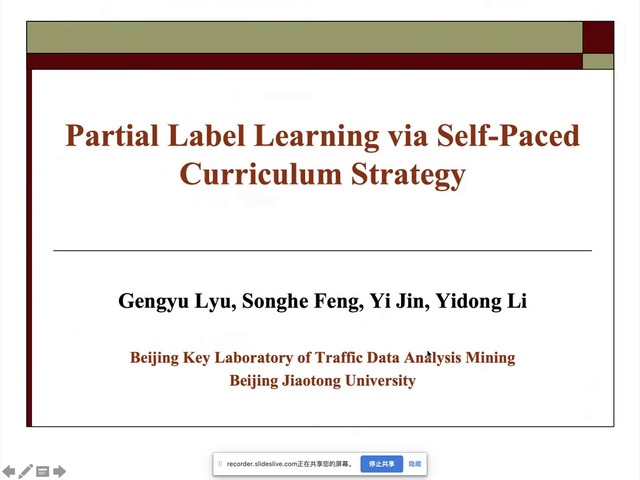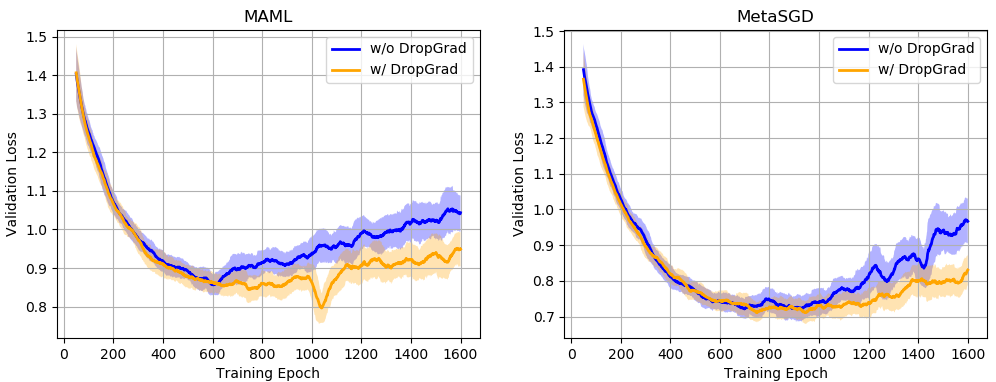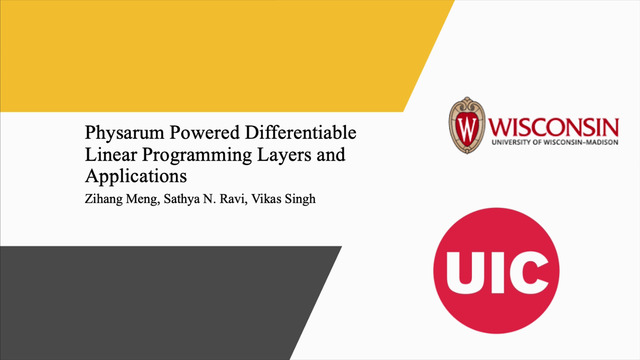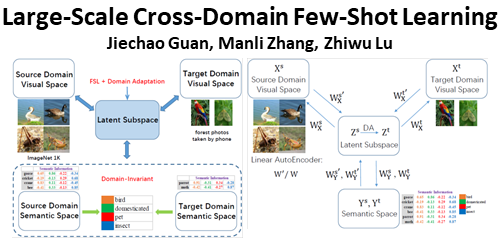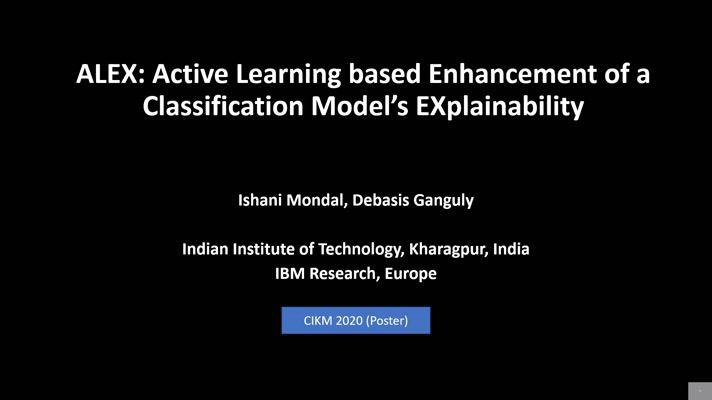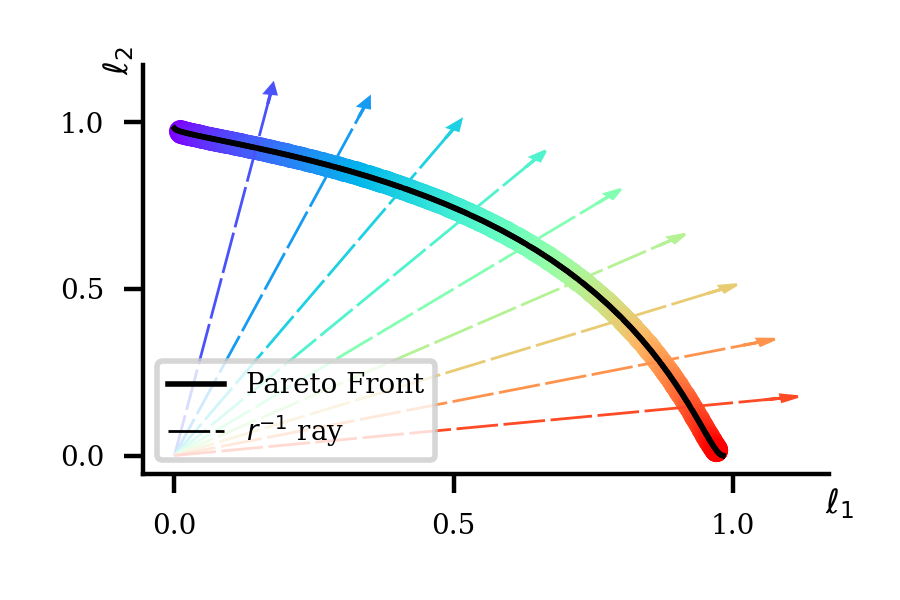Abstract:
One popular trend in meta-learning is to learn from many training tasks a common initialization for a gradient-based method that can be used to solve a new task with few samples. The theory of meta-learning is still in its early stages, with several recent learning-theoretic analyses of methods such as Reptile \cite{nichol:18} being for {\em convex models}. This work shows that convex-case analysis might be insufficient to understand the success of meta-learning, and that even for non-convex models it is important to look inside the optimization black-box, specifically at properties of the optimization trajectory. We construct a simple meta-learning instance that captures the problem of one-dimensional subspace learning. For the convex formulation of linear regression on this instance, we show that the new task sample complexity of any {\em initialization-based meta-learning} algorithm is $\Omega(d)$, where $d$ is the input dimension. In contrast, for the non-convex formulation of a two layer linear network on the same instance, we show that both Reptile and multi-task representation learning can have new task sample complexity of $\gO(1)$, demonstrating a separation from convex meta-learning. Crucially, analyses of the training dynamics of these methods reveal that they can meta-learn the correct subspace onto which the data should be projected.



